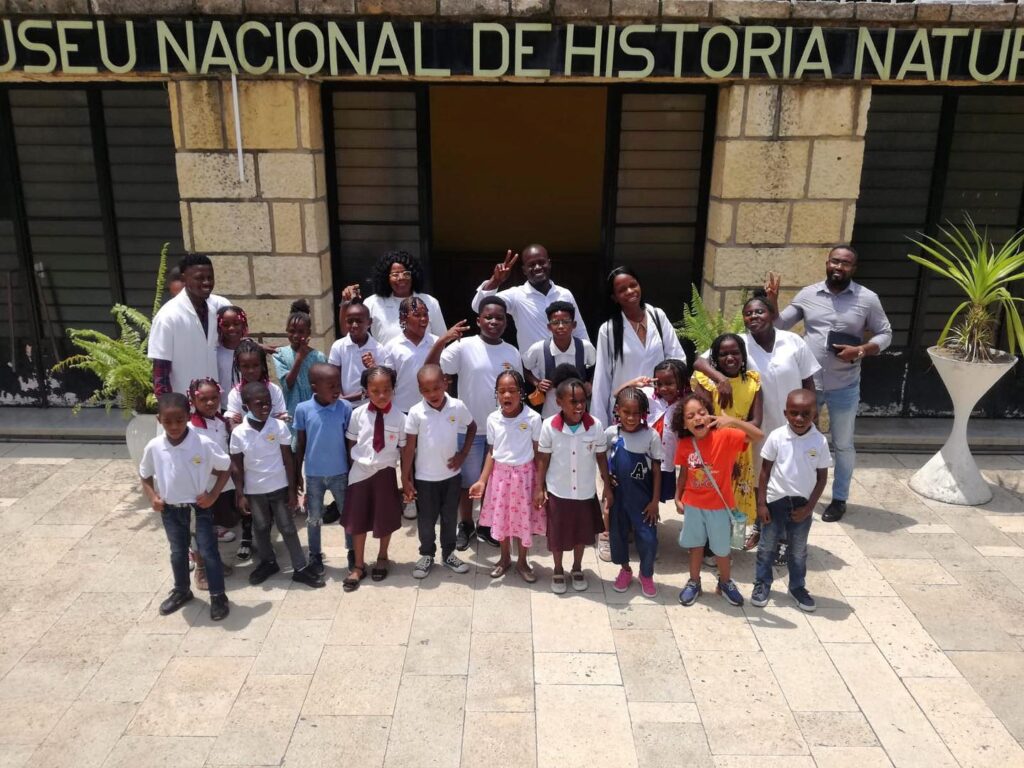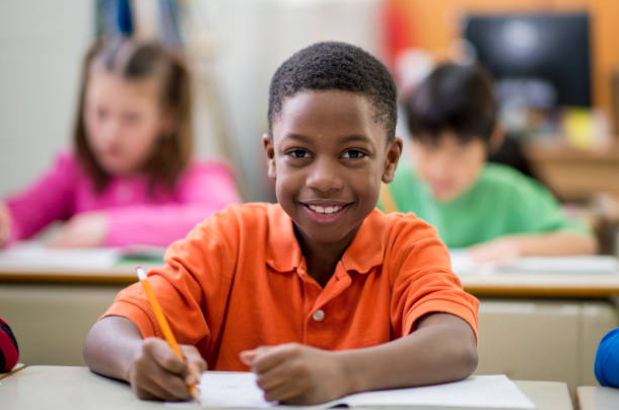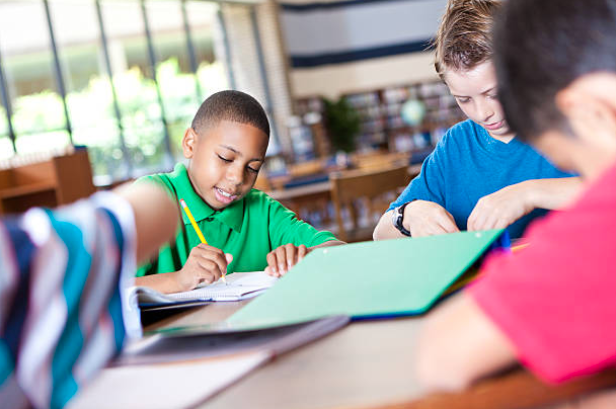Services

Nursery and Reception.
The Nursery of the College recognises each child as a unique being. A specialised pedagogical team accompanies the child, providing the development of various skills. The work is individualised, as each child has his or her own rhythm. For this reason, the pedagogical team is constantly updated in accordance with the most recent trends in education.
Beginners/Pre-School
In the pre-school, we advocate a participative pedagogy. We do not limit ourselves to one teaching model, but are inspired by the relevant aspects that each model provides.
In the planning of activities, there is a specialised teaching team that, in partnership, allows for the global construction of knowledge. In addition to the pre-school teachers, the team has the collaboration of teachers specialising in music, drama/theatre and English language. It is a multidisciplinary team that provides a wealth of learning from a variety of perspectives and in holistic participation.
Primary School (Grades 1 to 6)
The Colégio bets on a flexible model for Primary Schooling and is based on “multidisciplinary teams”, led by “specially qualified” teachers, oriented towards disciplinary knowledge, where each class continues to include the class teacher. However, in this type of Education, an alternative model of school organisation is advocated which is truly committed to equal opportunities of access, success and enjoyment of educational goods based on the following pedagogical principles:
1. The principle of complexity;
2. Principle of constant search;
3. Principle of equality;
4. Principle of trust;
5. Principle of demanding learning;
6. Principle of diversity.
Cycle I Education (Grades 7-8-9)
The 1st cycle of education is based on the Learning Goals and the National Curriculum and ensures the attendance of enrichment curricula. At this level the students are the subjects and main actors of their learning as a result of their academic and pedagogical experiences.
The Primary School Curriculum refers to a set of learning and values that the students develop and acquire, evoking its organisation, its hierarchisation and articulation as well as its importance throughout the school career:
- To develop a democratic practice, through participatory processes in the definition of the educational policy, as well as, in the daily pedagogical experience, in which the interveners of the educational process are integrated;
- To reconstruct the relationship processes that shape the school experience, giving priority to the articulation between teacher/student, as well as the specific conditions for the appropriation of knowledge;
- To plan, jointly, the activities and the teaching exercise, as well as the complementary activities to be performed at the level of the non-teaching component;
- To cultivate persistence, the taste for know-how, cooperation, solidarity and respect, aiming at the improvement of interpersonal relationships and the educational success of the students;
- To create conditions conducive to the articulation between content / ability (s)- knowing / knowing – doing / knowing – being;
- To enhance the creativity that develops through symbiosis – reproduction / invention; logic / imagination;
- To evaluate the construction of learning (s), in its multiple components;
- To make explicit the dialectic rights/duties with a view to the co-responsibility of all those involved in the educational process.
2nd Cycle of Education (10-11-12 Grades)
The II teaching cycle is based on the Learning Goals and on the National Curriculum and ensures the attendance of enrichment curricula. At this level the students are the subjects and main actors of their learning as a result of their academic and pedagogical experiences.
The curriculum of this type of education refers to a set of learning and values that students develop and acquire, evoking its organisation, its hierarchy and articulation as well as its importance throughout the school career:
- To develop a democratic practice, through participatory processes in the definition of the educational policy, as well as, in the daily pedagogical experience, in which the interveners of the educational process are integrated;
- To reconstruct the relationship processes that shape the school experience, giving priority to the articulation between teacher/student, as well as the specific conditions for the appropriation of knowledge;
- To plan, jointly, the activities and the teaching exercise, as well as the complementary activities to be carried out at the level of the non-teaching component;
- To cultivate persistence, the taste for know-how, cooperation, solidarity and respect, aiming at the improvement of interpersonal relationships and the educational success of the students;
- To create conditions conducive to the articulation between content / ability (s)- knowing / knowing – doing / knowing – being;
- To enhance the creativity that develops through symbiosis – reproduction / invention; logic / imagination;
- To evaluate the construction of learning (s), in its multiple components;
- To clarify the dialectic rights/duties with a view to the co-responsibility of all those involved in the educational process.


